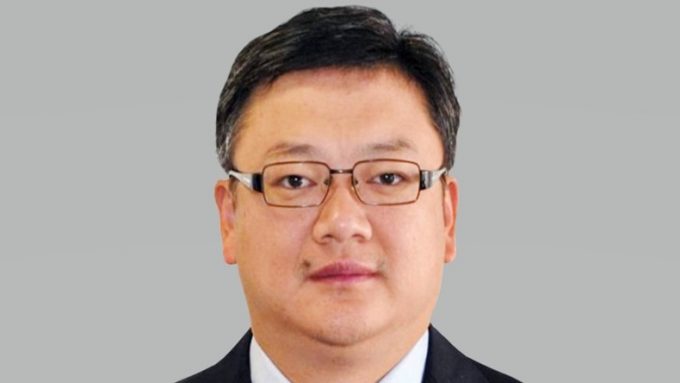Liner schedule reliability improving, with Gemini carriers leading the way
Ocean schedule reliability is at its highest in 17 months, according to Sea Intelligence, which ...

China Cosco Shipping executive vice president Wang Haimin has rubbished the idea that carriers can be sole service providers of end-to-end container supply chains.
Mr Wang (pictured) drew comparison between competitors Maersk and CMA CGM’s push to become fully integrated container logistics providers and, at the ...
MSC switches two more Asia-Europe port calls from congested Antwerp
Canada and Mexico get cosy with trade plan to bypass US
Front-loading frenzy has made traditional H2 peak season 'unlikely'
Tradelanes: Export boom in Indian sub-continent triggers rise in airfreight rates
Carriers introduce surcharges as congestion builds at African ports
Mexican airport modernisation plan unlikely to boost cargo facilities
Tradelanes: Overcapacity on Asia-S America impacting alliances and rates
Ports and supply chain operators weigh in on funding for CPB

Comment on this article
Aaryav Gupta
October 12, 2019 at 5:47 pmAgreed, there are too many blocks to be fitted correctly in a complete supply chain each one with its own requirements and challenges. Although the idea of integrated solution is extremely noble but it has to be extremely flexible, robust and agile to be successful.